Bicycle accidents can have devastating consequences for riders. Boston cyclists involved in bicycle crashes can sustain permanent impairments and significant disfigurement. The worst-case scenario is when a rider does not survive a bicycle crash.
Therefore, bicycle safety is one of the priorities of the Commonwealth of Massachusetts and the City of Boston. However, riders also have a duty to take steps to avoid bicycle crashes.
With that in mind, let’s discuss the top seven most dangerous things you can do while cycling in Boston, MA.
Cycling While Distracted
Distracted cycling is just as dangerous as distracted driving. Riders need to pay close attention to the road ahead to avoid collisions with motor vehicles and other objects. When riding near parked cars, it is vital to watch for people exiting cars to avoid dooring accidents.
Never use your phone while bicycling. Also, it is dangerous to wear headphones because it is distracting, and you cannot hear sirens, horns, or other warnings of danger. If you need to use your phone, it is best to pull over to a safe location.
Bicycling Under the Influence
Cycling while intoxicated is against the law. Riding a bicycle under the influence can result in criminal charges. It is also extremely dangerous.
Riders who are intoxicated can cause accidents. For example, even a couple of beers can significantly impair a bicyclist’s ability to ride a bicycle safely.
Riding a Bicycle While Drowsy
Riding a bicycle when you are drowsy or fatigued can impair your ability to operate the bicycle in the same way as alcohol. You are more likely to make mistakes when cycling while drowsy that could lead to a bicycle accident. Avoid riding a bicycle if you have not had enough sleep or rest.
Failing to Know and Follow Massachusetts Bicycle Laws
Bicycle riders are expected to know and follow the Massachusetts bicycle laws and traffic laws when riding in Boston. For example, you should always use your bicycle hand signals to let drivers know when you turn or stop. Obey all traffic signals and traffic lights.
Riders must keep at least one hand on the handlebars when riding a bicycle. They must also ride in the same direction as traffic unless the street is signed otherwise.
Failing to follow bicycle laws and traffic laws can result in a bicycle accident. If you are at fault for the cause of the crash, you could be financially liable for damages caused by the crash. Furthermore, you could receive a traffic citation, resulting in a fine or other penalties.
Not Wearing Protective Bicycling Gear
Bicycle helmets are effective in preventing head injuries and brain damage. All bicyclists should wear a bicycle helmet that fits them and is appropriate for the type of cycling. Additionally, wearing knee pads, gloves, elbow pads, and protective clothing can reduce the risk of serious injuries in a bicycle crash.
Bicycling in Dangerous Areas
Some areas are not safe to bicycle. There may be an increased risk of accidents or risk to personal safety.
Areas that are generally not safe for bicyclists include, but are not limited to:
- Shopping center and mall parking lots and garages
- Highways and interstates
- Bridges and overpasses
- Close to public transportation including railways and buses
- Anywhere you are unfamiliar with the location
It is best to plan your bicycle route and research the area before leaving home. If possible, ride with a companion, especially in unfamiliar or isolated areas. Riding on Boston bicycle paths and using bicycle lanes throughout the city can help prevent accidents and injuries.
Failing to Supervise Children
Children may want to ride their bicycle alone or ride their bicycle to school. Unfortunately, allowing children to ride bicycles unsupervised on Boston streets is not safe.
Children do not have a well-developed sense of consequences. Even though they may know the rules about riding their bicycle, they may not fully understand the consequences of breaking those rules. Bicycling is an excellent family activity that everyone can enjoy.
Working Together to Make Boston Safe For Bicyclists
The Boston Transportation Department works in conjunction with other city agencies and organizations to make Boston streets safe for bicyclists. It designs and plans safe streets for bicycling throughout the city. The agency also manages Boston’s bike parking and public bike share program.
Riders can access information on the Boston Bikes website.
When the community and government agencies work together, they can create safe streets and improve road safety for bicyclists and pedestrians. The goal of Boston Vision Zero is to eliminate serious and fatal traffic accidents in the city by 2030.
For more information, see our benchmarking report and more information on past benchmarking reports.

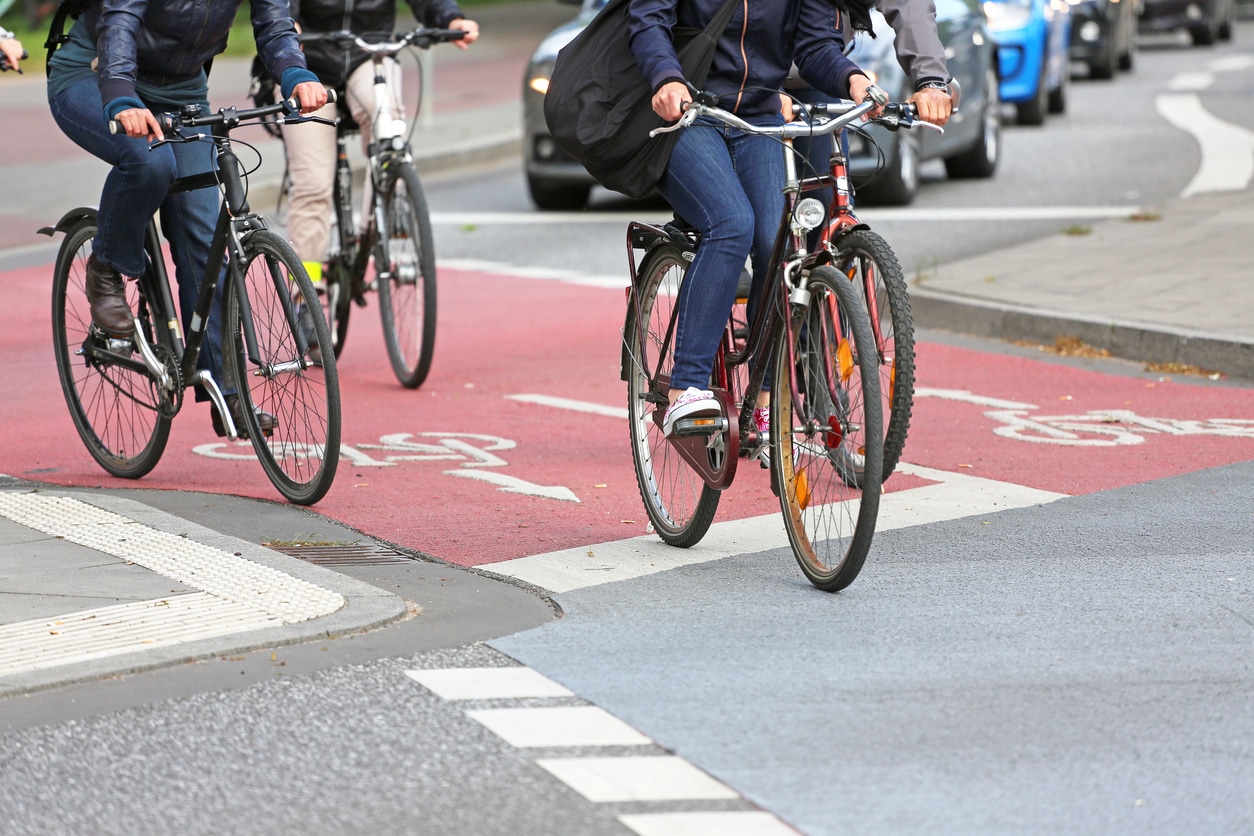
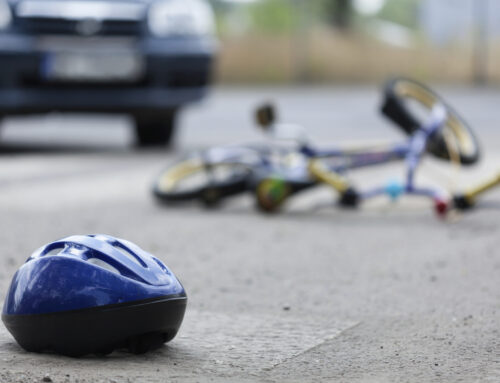
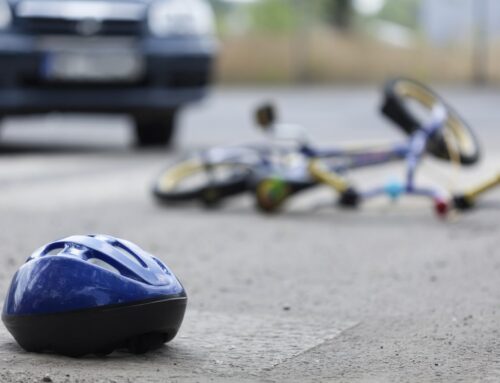
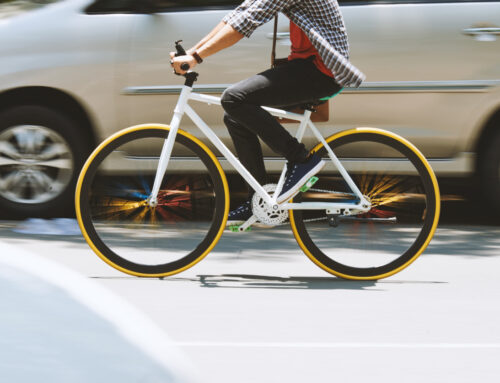

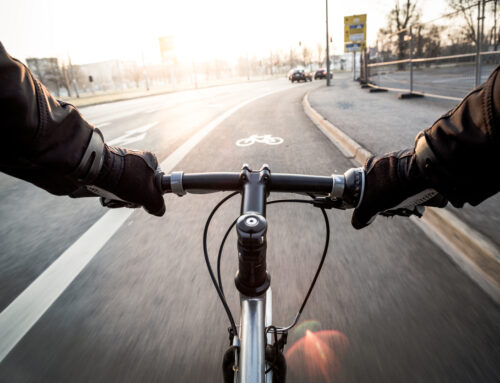
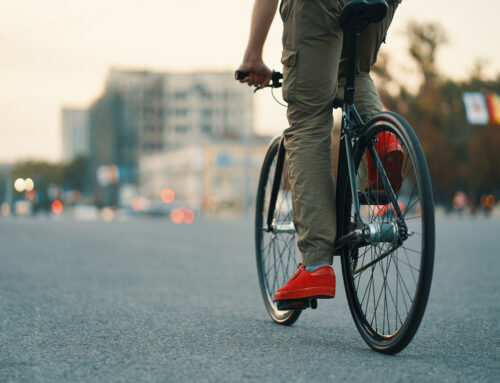
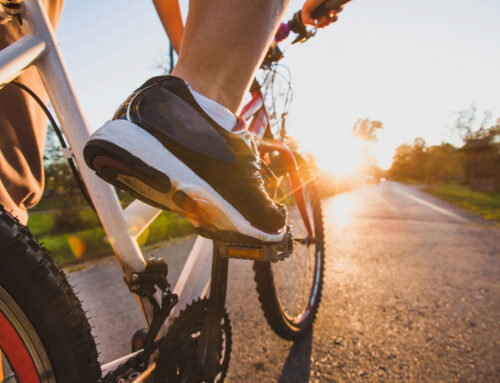
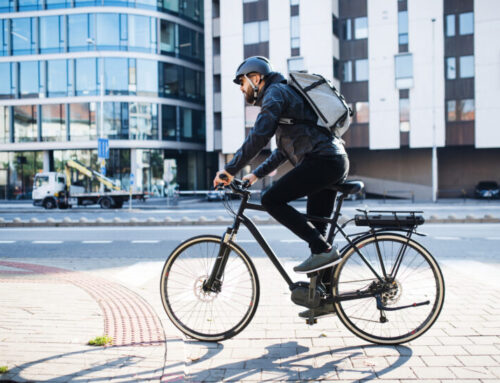
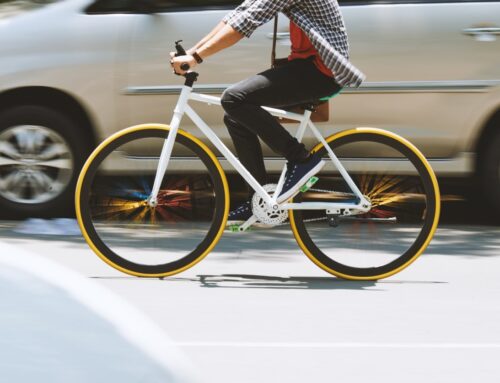
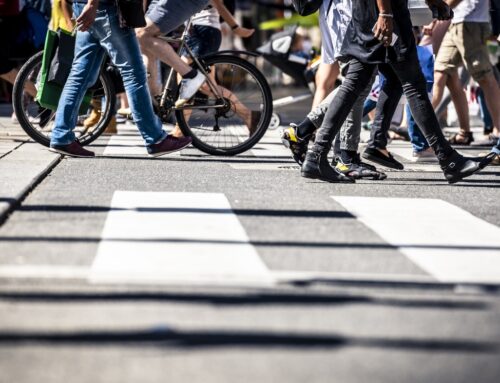
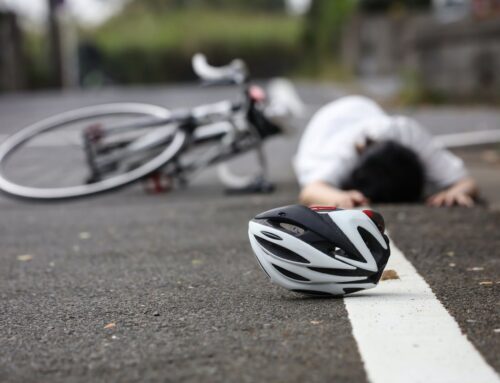
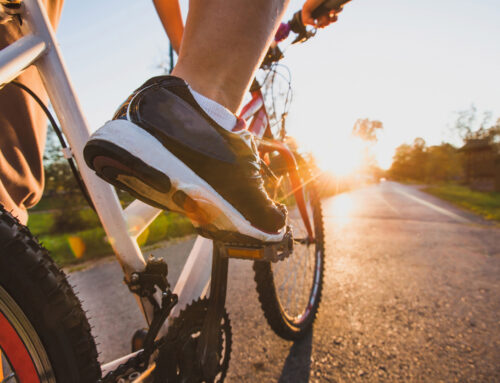
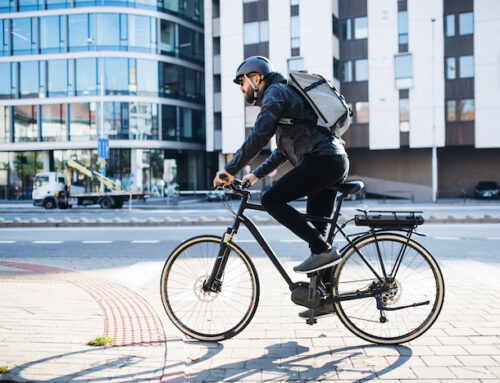
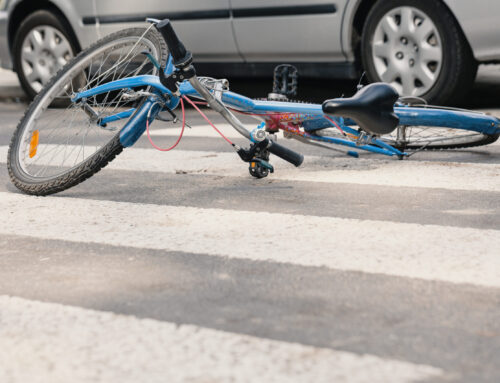
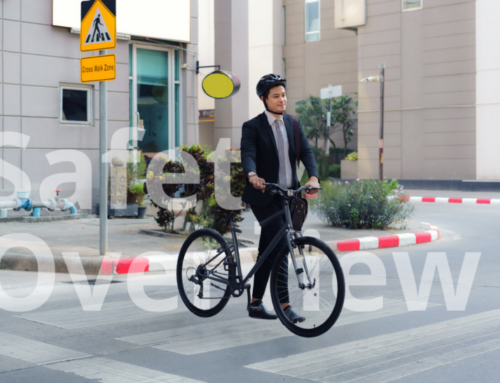
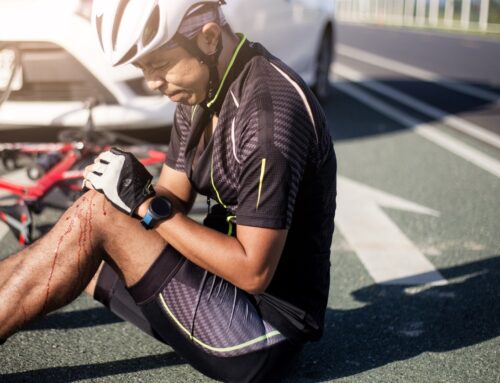
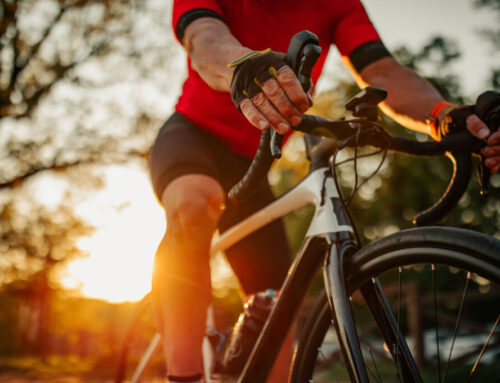
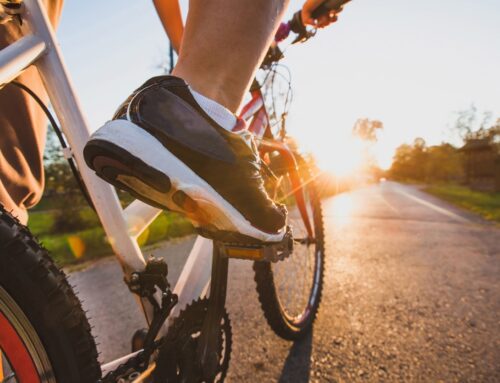
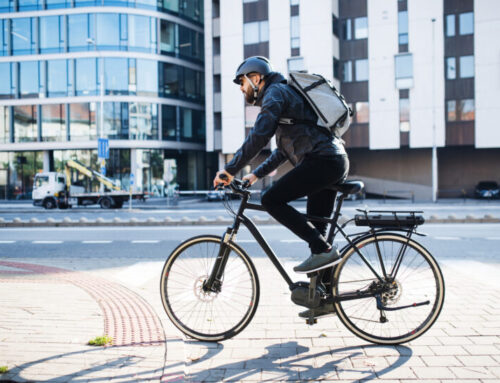
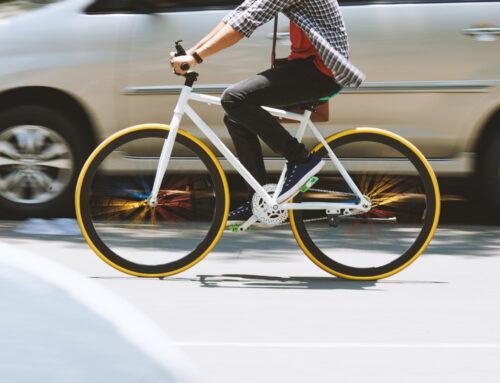
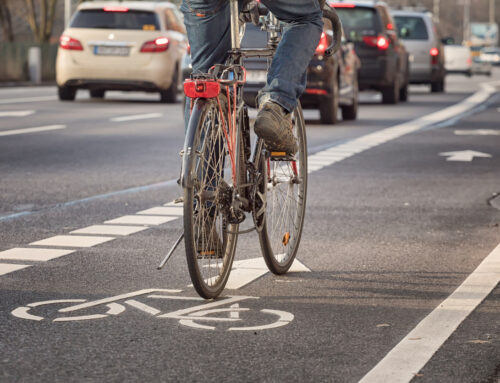
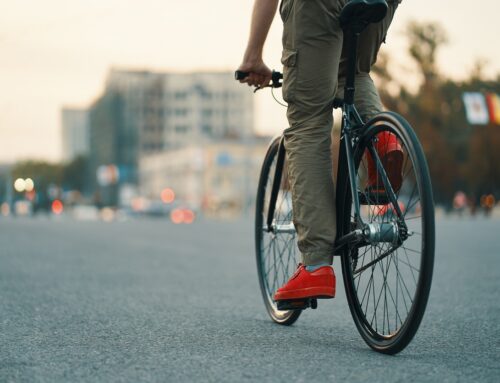
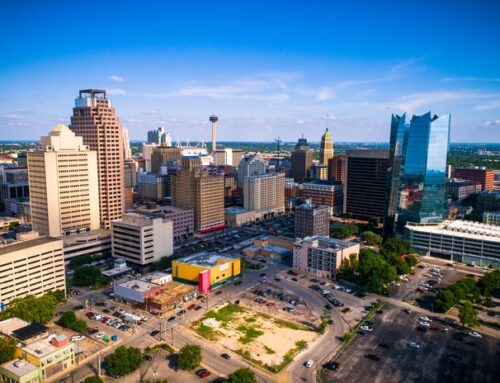
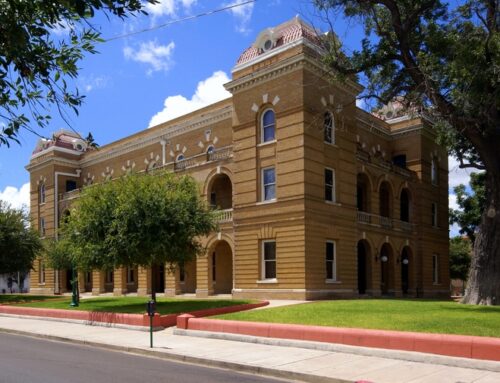
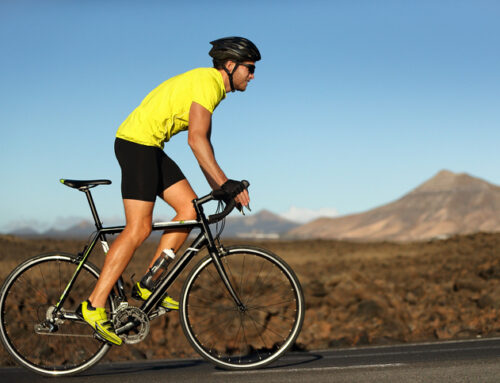
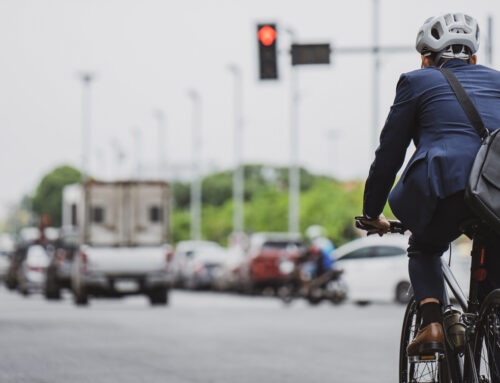
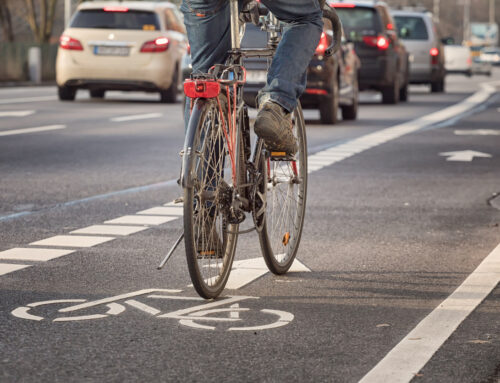
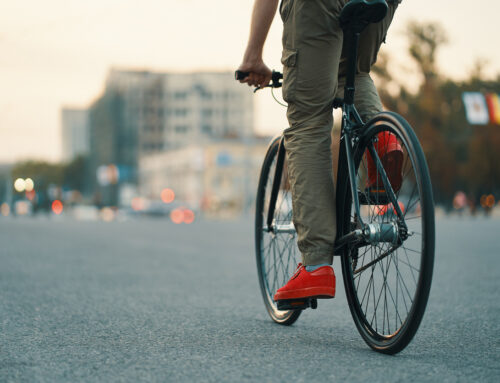
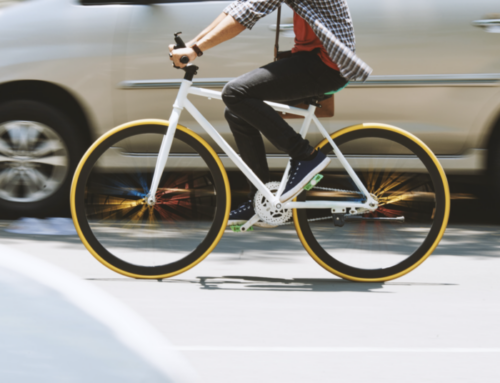
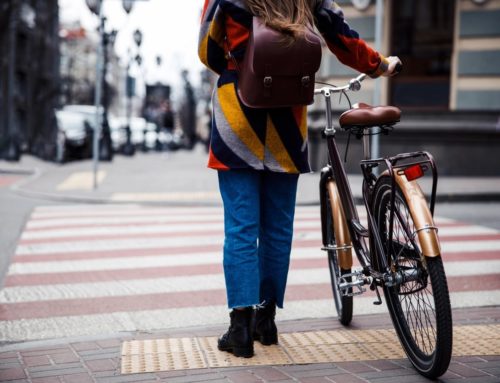
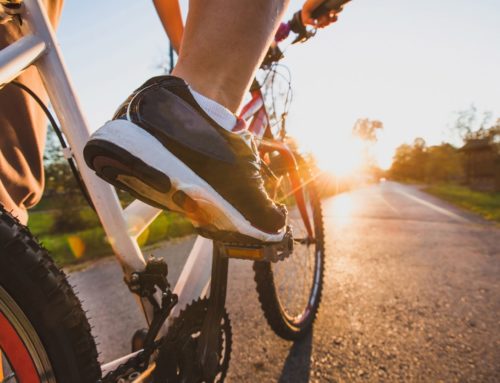
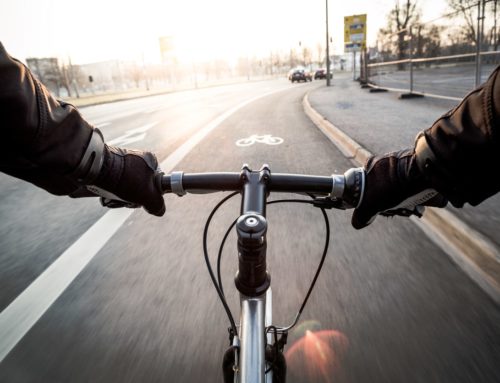

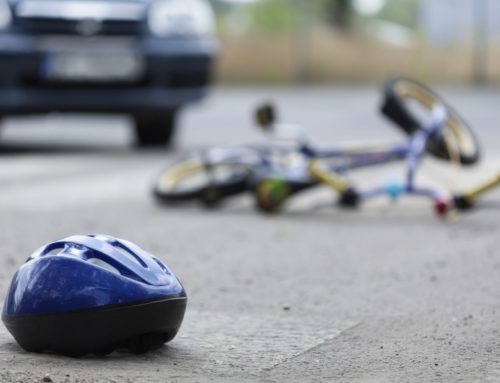
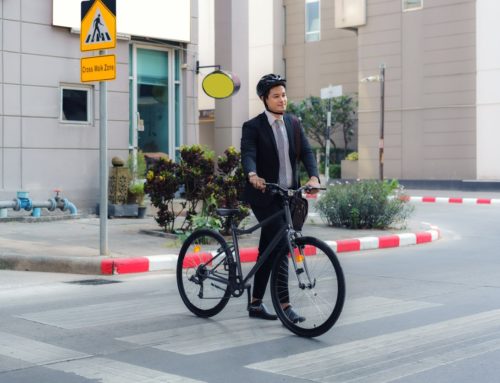
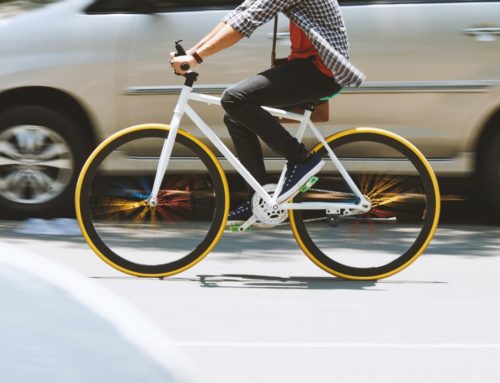
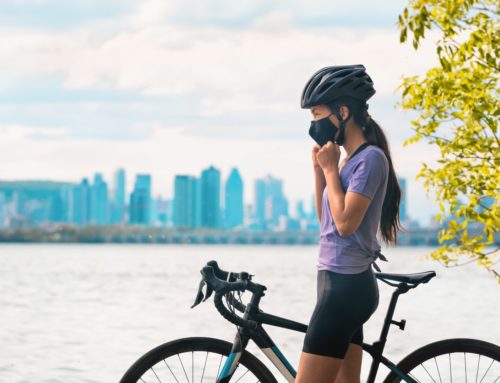
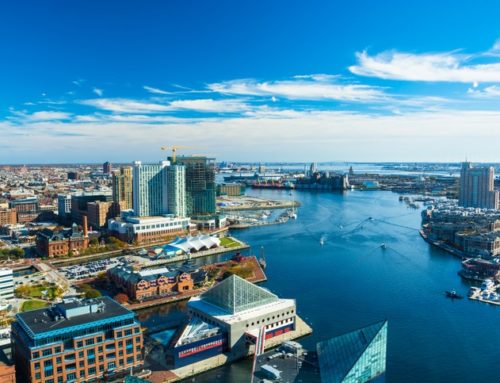
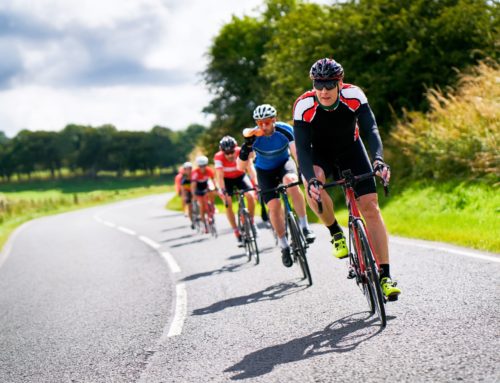
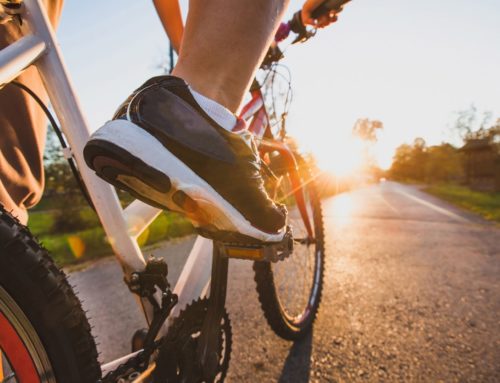
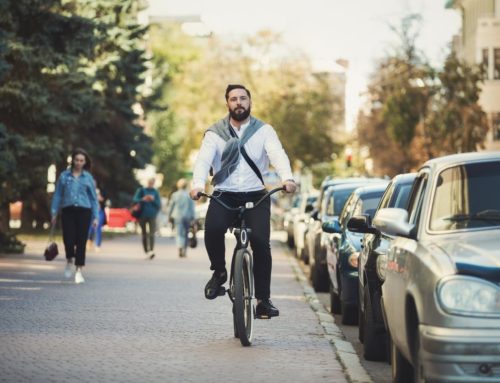
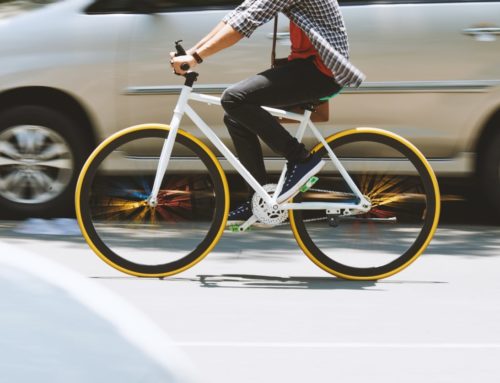
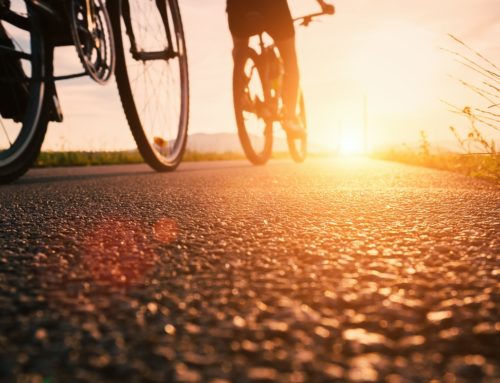
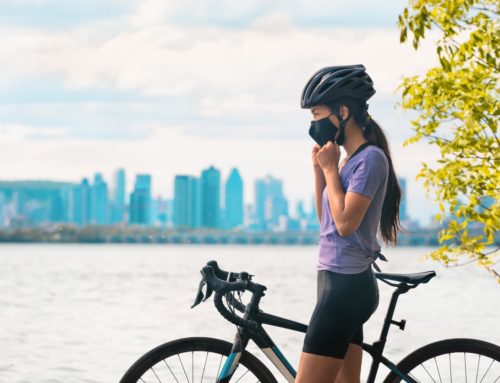
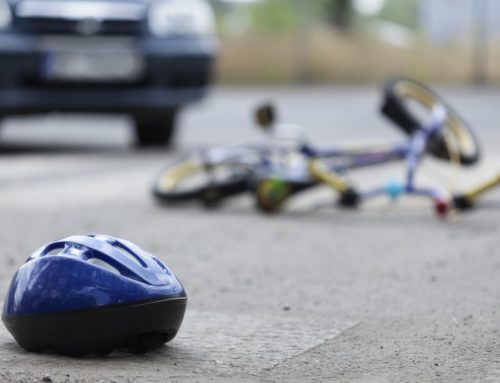
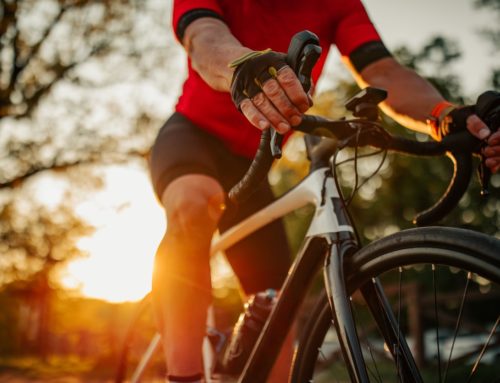
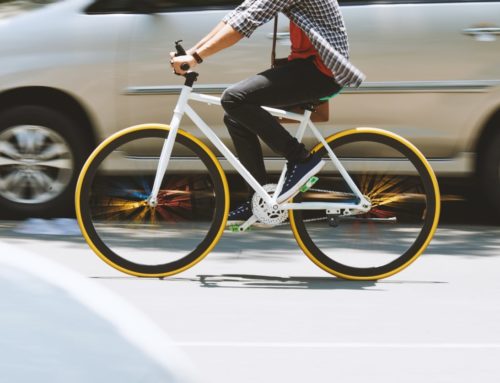
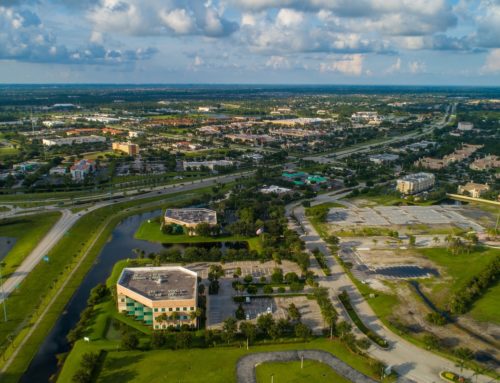
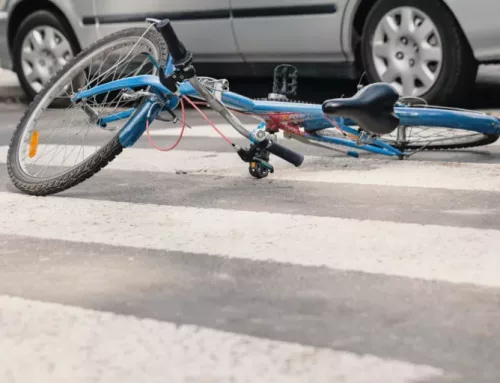
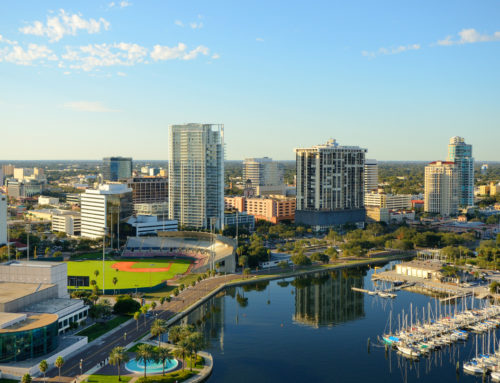
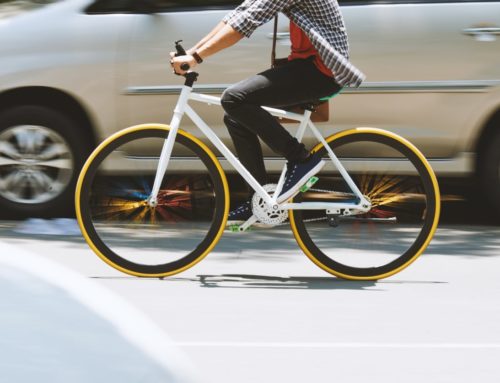
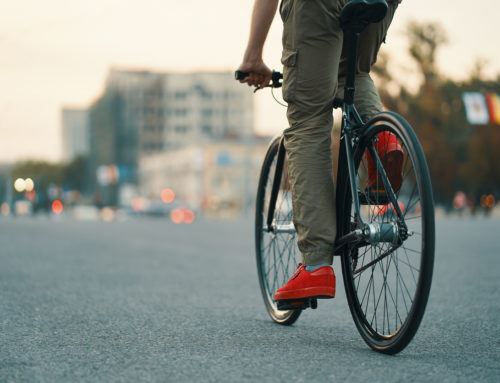
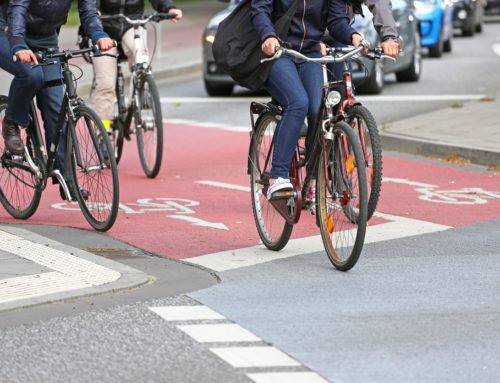
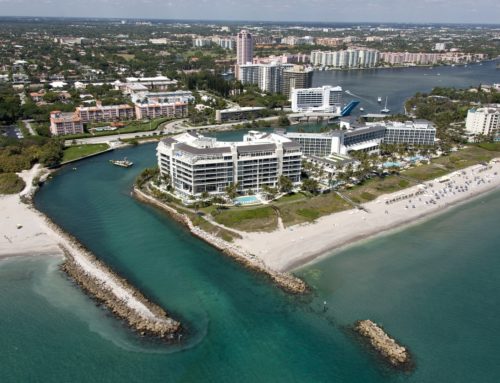
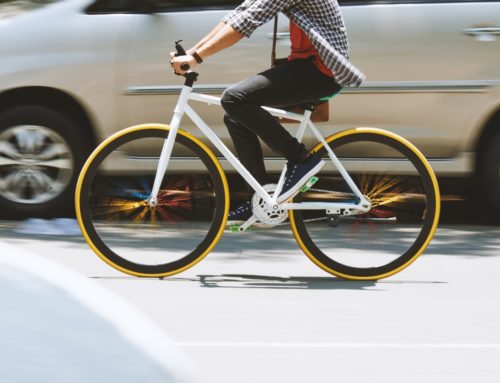
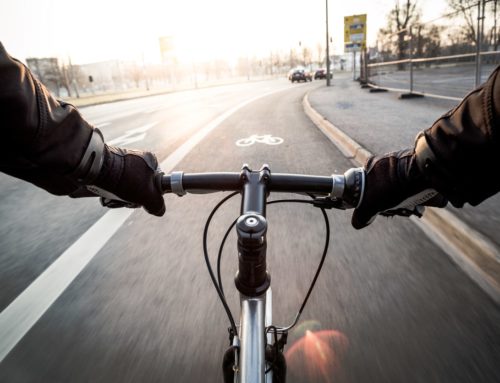
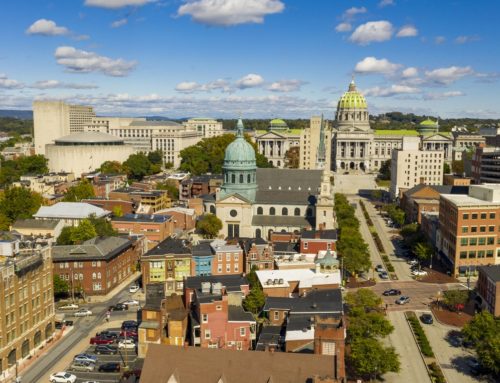
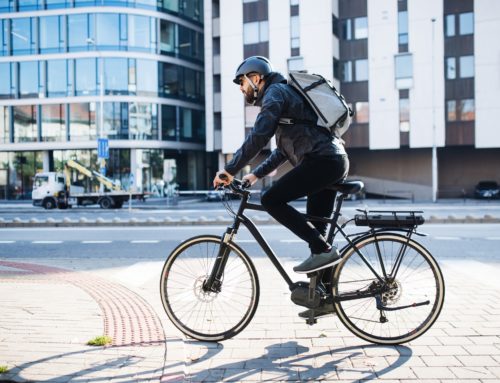
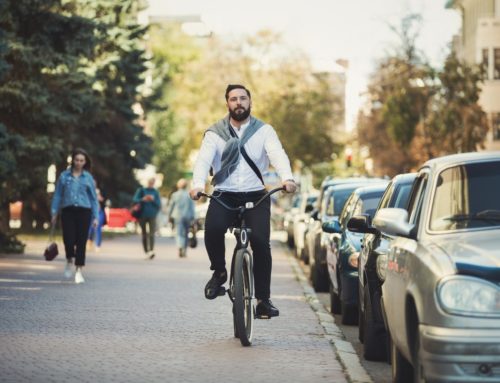
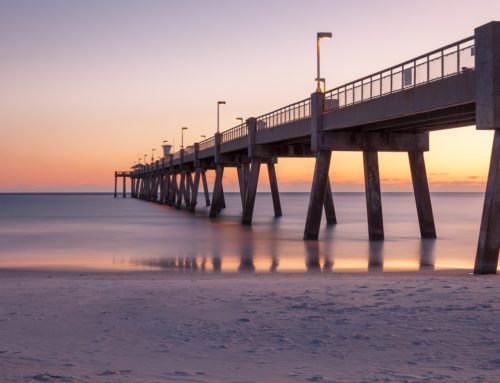
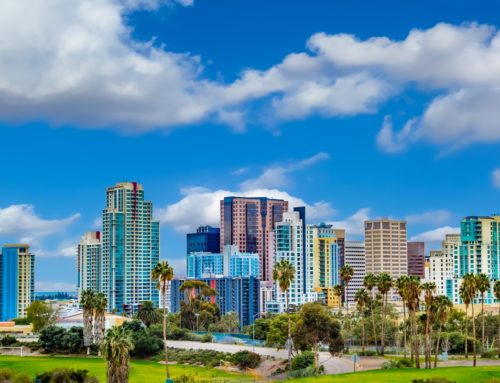
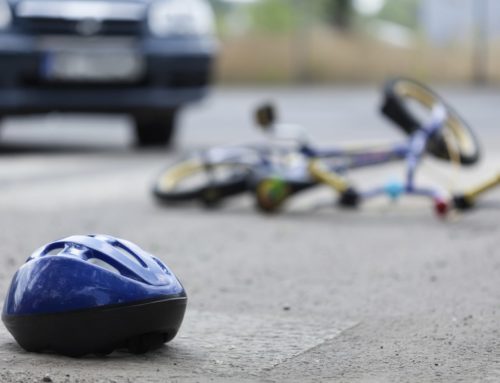
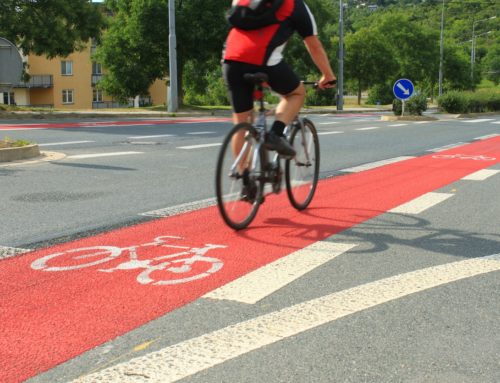
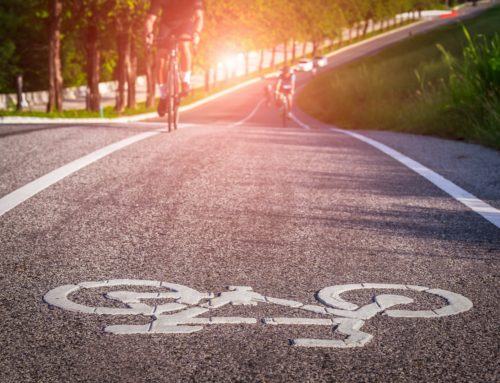
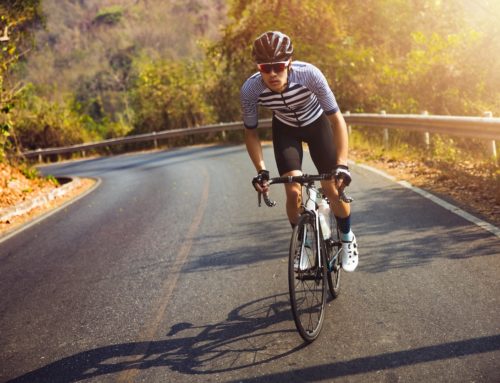
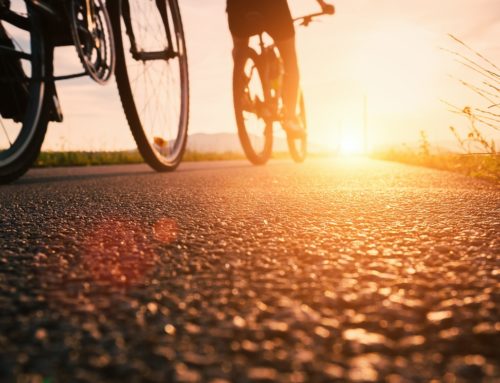
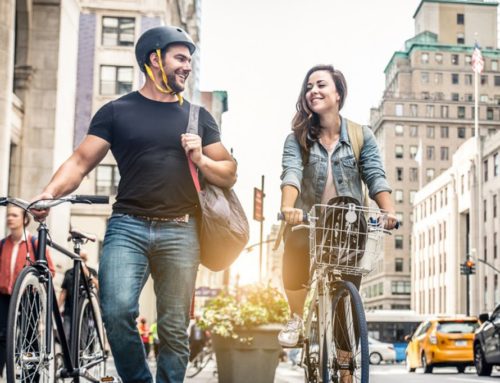
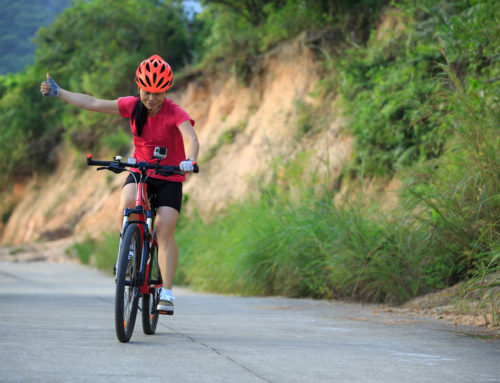
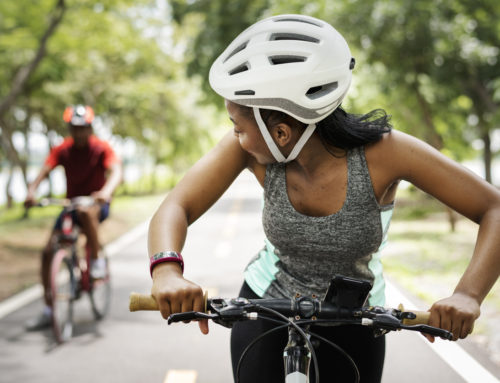
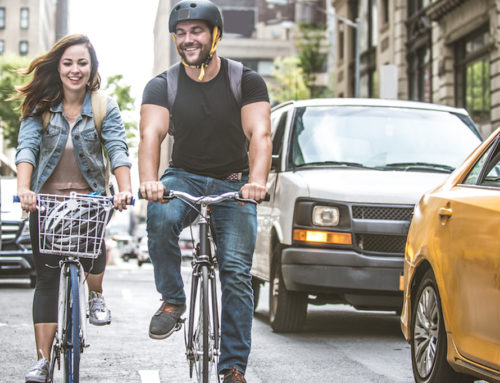
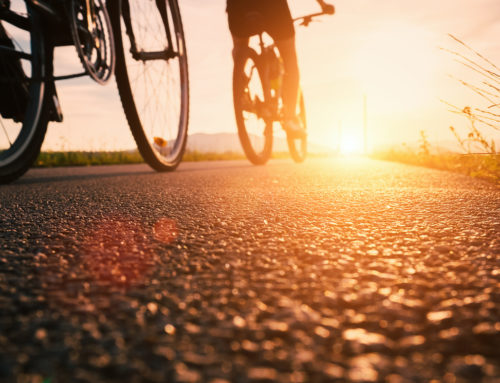
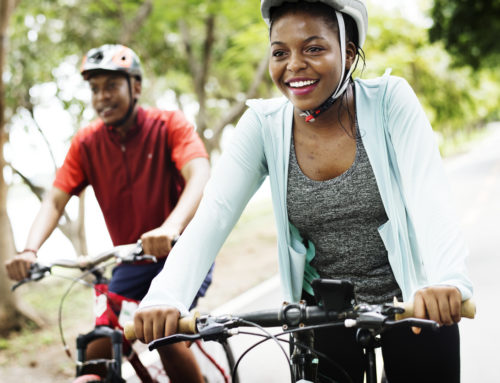
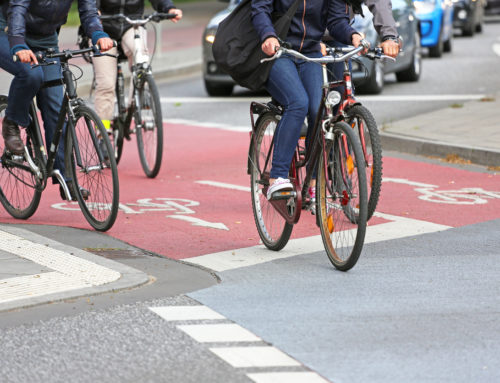
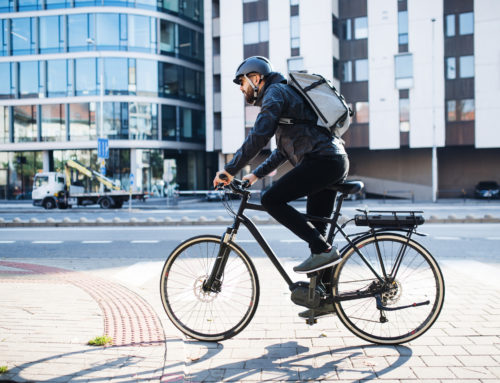
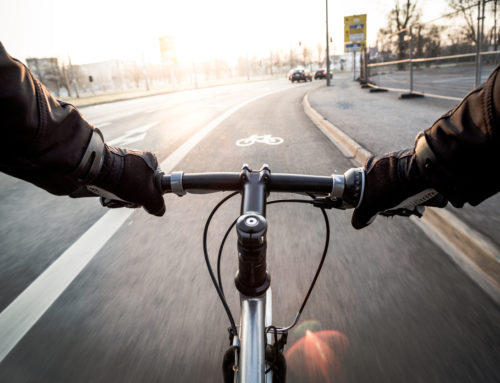

Leave A Comment